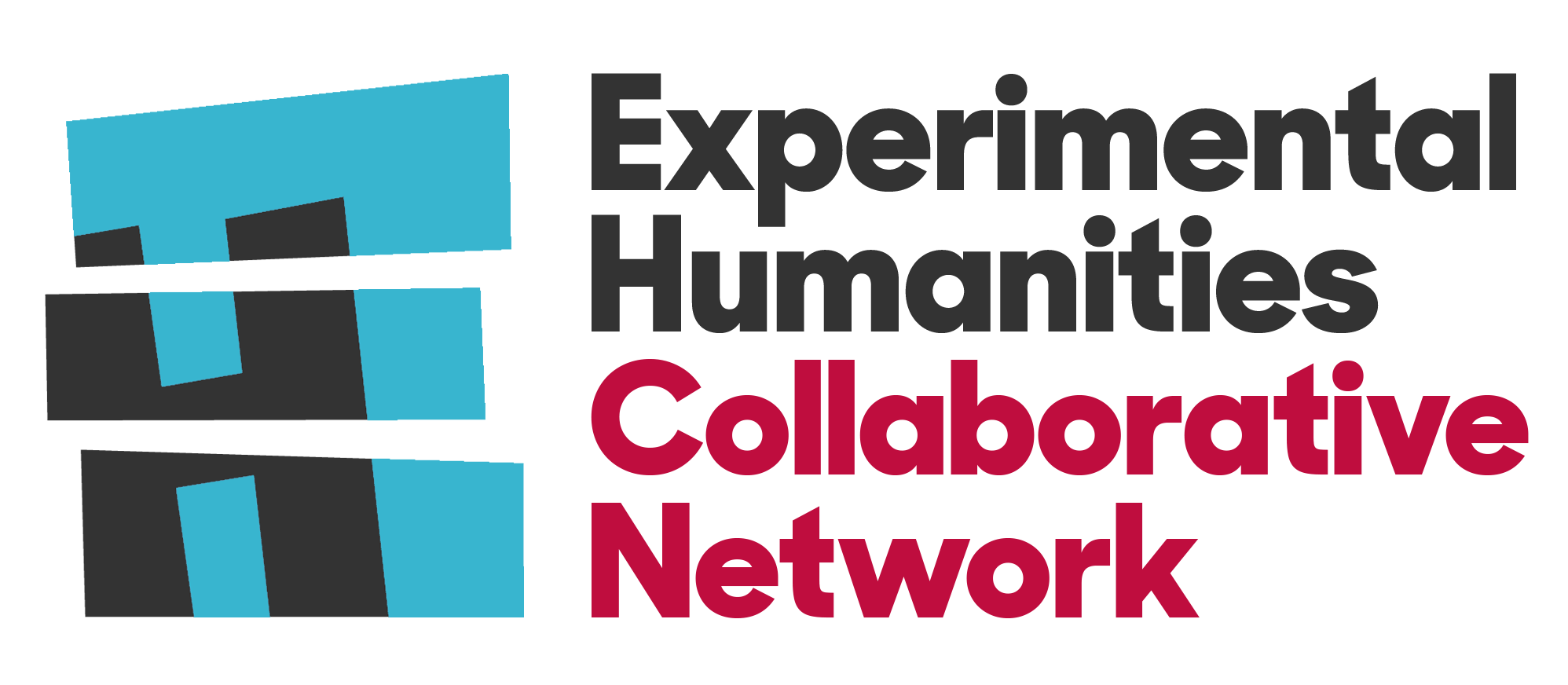Welcome to The Experimental Humanities Collaborative Network
Plants As Allies and Guides Part 1
K24 SR11
This two part-workshop takes place on 21 September and 5 October, 3-6 pm.
How can we learn to listen to plants? And what can we learn about life in crisis and regeneration from plants that are notorious as weeds? Plants can be material companions in complex times, addressing both individual and social bodies to support collective struggles and resilience. In this two-part EHCN-funded workshop, we will ask how plants prepare us and help us live in solidarity with a world made up of more than just people. We will make a zine and a salve together. You will be asked to find out about your families’ relationship to a certain plant.
The number of participants is limited so please apply for the workshop at your earliest convenience (latest by midnight 15 September) using this form. You will be notified if you have been accepted and receive further instructions for preparation by 17 September. If you have any questions about the event, please email BCB faculty Agata Lisiak at a.lisiak@berlin.bard.edu.
Speaker:
Siegmar Zacharias was born in Romania and lives in Berlin. She is a performance artist and researcher, a trained death doula, and she studies traditional plant medicine. She works collaboratively at the intersection of art, radical pedagogy, and activism. The work generates performances, immersive installations, encounters, and durational projects that address generative ethical dynamics of transformation. Since 2016 she has been curating "Training for political imaginaries," 24hrs symposia where ecologies of artistic and social practice are shared. Together with Steve Heather, she developed the somacoustic listening sessions WAVES – listening towards social bodies as containers for collective grieving, in which the materiality of sound is explored on an intimate metabolic level. Together with Shelley Etkin, Kitti Zsiga, and women in a post-migrant neighborhood in Neuköln with ancestors from Turkey, Kurdistan, Syria, Iran, Jordan, and Palestine they have developed the SocialBodyApothecary valuing the knowledges and resources stored in our bodies and lands, practicing making medicine together as a decolonial practice of resistance against structural violence.


